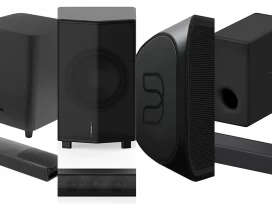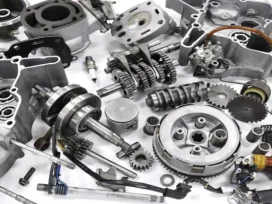
Four Reasons Fruits and Vegetables Are The Most Nutrient-Dense Foods on the Planet
Four Reasons Fruits and Vegetables Are The Most Nutrient-Dense Foods on the Planet
Have you ever wondered why nutrient-dense foods like whole grains, vegetables, legumes and fish contain so much “empty” space? We all know we should be eating plenty of fiber, minerals, vitamins, and fats but there is an enormous amount of food that is calorie-rich but totally lacks nutrients. Most nutritionally dense foods are low in calories and yet provide plenty of vitamins, minerals and other dietary fiber. Here are some examples.
First of all, did you know that lean red meat contains almost no dietary fat and yet it provides very important protein for optimal function? Think about this – if we were to eliminate all animal products from our diets, would you still have a functioning digestive system? No! The human body needs healthy proteins to support optimal function.
Second, did you know that the vegetable variety of beans can provide up to 30% of the calories needed to maintain a healthy body weight? Or that clams, mussels, and other seafood are rich in calcium, magnesium, potassium and vitamin B? Not only are they loaded with nutrient-dense foods like protein and nutrients, they are loaded with antioxidants. Antioxidants help rid the body of free radicals (causes of aging and disease) that cause cellular decay. So not only do nutrient-dense foods help to support optimal health, they also support longevity.
Third, did you know that nuts, seeds and grains are the most nutrient dense foods on the planet? They contain huge amounts of antioxidants and phytonutrients (antioxidants that prevent disease and illness) that keep us feeling young. They are so nutritionally dense that studies have shown that eating them on a daily basis helps prevent chronic diseases such as diabetes, heart disease, cancer, osteoporosis and Alzheimer’s disease. They are also packed with the kinds of fiber and anti-oxidants that support optimal bodily function.
Fourth, did you know that there are far more calories in some vegetables than in others? In fact, some vegetables have far more nutrients per serving than others, but are higher in calories. That’s why juicing is so great for dieters – it gives them access to a wide range of nutrient-dense foods while still keeping their calorie count down. And while fresh fruit offers the richest supply of nutrients, many people get most of their daily calories from beverages, most of which are high in calories.
Fifth, did you know that many nuts and seeds are loaded with anti-oxidants? Like fruits and vegetables, nuts and seeds are full of phytonutrients and antioxidants. Not only that, but some nuts and seeds are particularly high in anti-cancer minerals. Almonds and cashews, for instance, have almost twice as much anti-cancer iron as does one ounce of beef!
Sixth, processed foods are packed with chemicals. While the term “processed” might be a misnomer, most processed foods contain high levels of salt, sugar, artificial color and flavor, and artificial preservatives. Many processed foods are also loaded with sodium, which can be detrimental to your kidneys.
Finally, did you know that fruits and veggies provide the greatest amount of nutrients per calorie? Vegetables are low in fat and calories, but they are also very low in water content, making them very low in calorific value. Fruits, on the other hand, are high in water content and have a fairly low calorific value. In fact, many vegetables actually have less calories than whole wheat bread! These four reasons (and a few more) make fruits and veggies the healthiest snack option available, while also offering the greatest amount of nutrients per serving.







